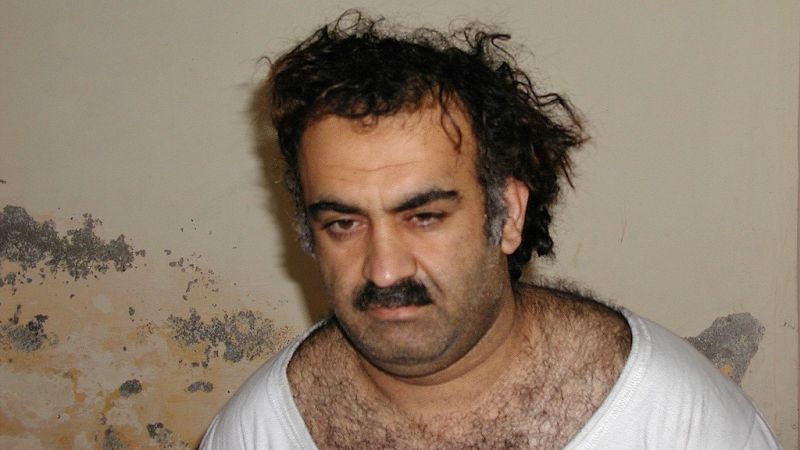The Fate of the 9/11 Terror Mastermind’s Plea Deal
A recent decision by a federal appeals court in Washington, DC, has ended a long-standing legal effort to resolve the case of Khalid Sheikh Mohammed, the alleged mastermind behind the September 11, 2001 attacks. The court ruled that a plea deal, which would have allowed Mohammed and two other co-defendants to avoid the death penalty in exchange for life sentences, was invalid.
This ruling marks a significant setback in efforts to conclude the military prosecution of the accused, which has spanned over two decades. The case has been mired in legal and logistical challenges, making it one of the most complex and high-profile cases in US history. The court’s decision means that the matter will not be resolved quickly, prolonging the struggle for justice and closure for victims’ families.
The plea deal was negotiated over two years and had received approval from military prosecutors and senior Pentagon officials. It was intended to ensure that Mohammed and two other defendants would receive consecutive life sentences without the possibility of parole. Under the agreement, the accused were expected to provide answers to unresolved questions about the attacks, which resulted in nearly 3,000 deaths according to the FBI.
However, the deal faced strong opposition from some families of the victims, who argued that a trial was necessary to uncover the full truth about the attacks. They believed that a guilty plea would not provide the clarity or accountability they sought. On the other hand, others supported the deal as a way to finally bring an end to a painful chapter that has lasted more than 20 years.
The proposed agreement was also controversial due to its implications regarding the death penalty. Then-Defense Secretary Lloyd Austin, under the Biden administration, rejected the deal, stating that decisions on capital punishment for such a severe crime should be made at the highest level of the Department of Defense. His decision sparked a legal battle between the government and the defense lawyers representing the accused.
The defense team argued that the plea deal had already been legally finalized and that Austin acted too late to overturn it. A military judge at Guantanamo Bay and a military appeals panel initially supported the defense’s position. However, the US Court of Appeals for the District of Columbia ultimately ruled against the defense, with a 2-1 vote, stating that Austin had the authority to reject the deal.
This decision came after the court had previously placed the agreement on hold while considering an appeal filed by the Biden administration. The appeal continued under the Trump administration, highlighting the political and legal complexities surrounding the case.
The outcome of this ruling means that the case will likely proceed to trial, further extending the legal process. For the families of the victims, this development brings both uncertainty and the hope that a full trial may provide the answers they have long sought. For the accused, it means facing the possibility of a more protracted legal battle, with the potential for the death penalty still on the table.
As the legal proceedings continue, the case remains a symbol of the broader challenges in addressing the legacy of the 9/11 attacks. The fight for justice, accountability, and closure continues to shape the narrative of one of the most tragic events in American history.







